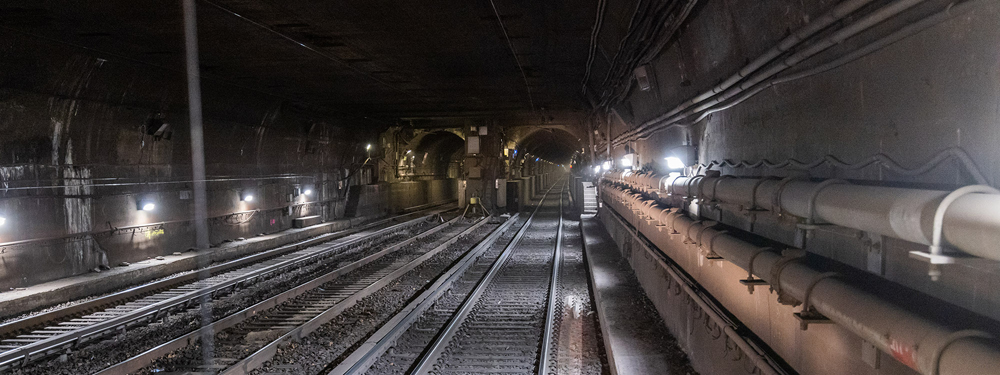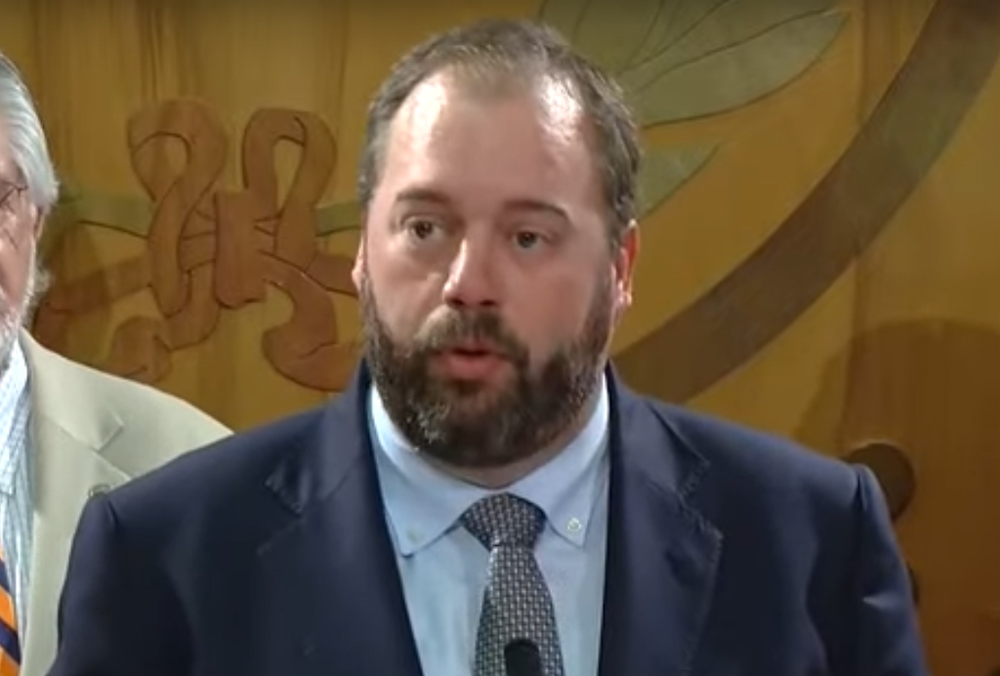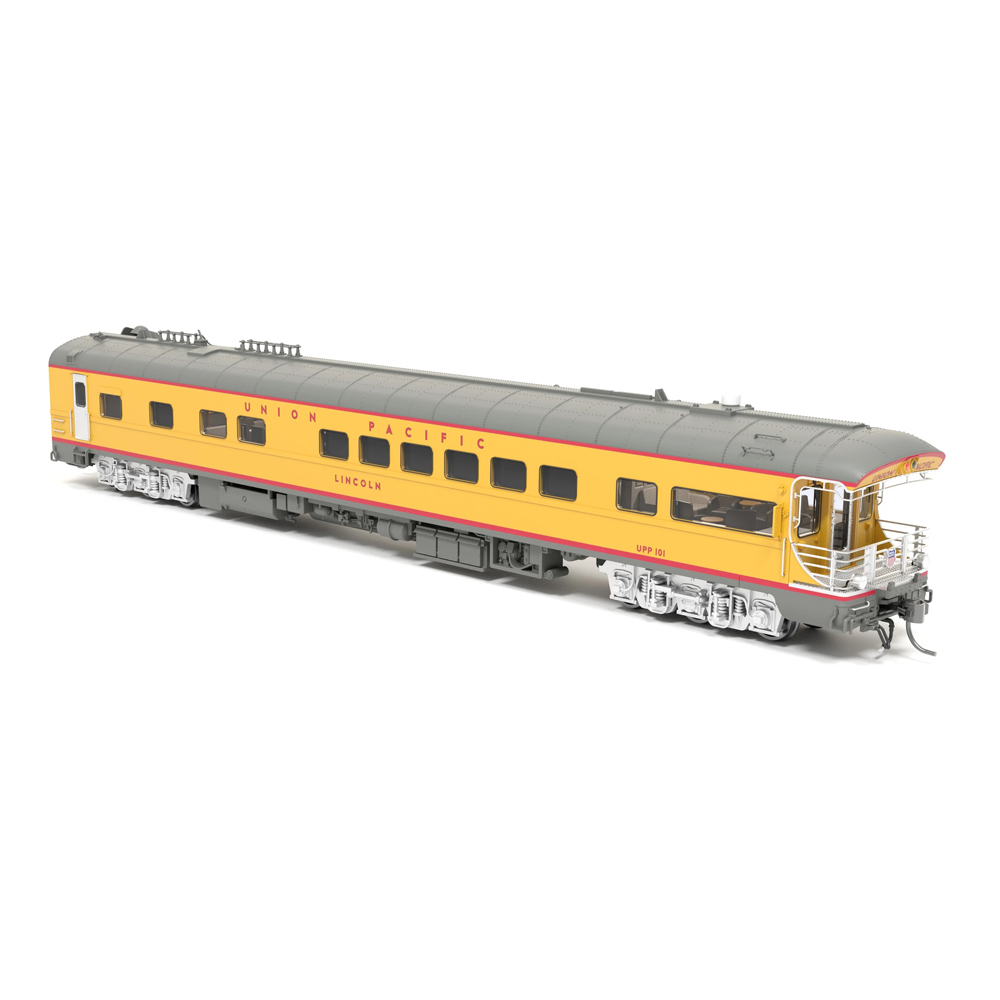WICHITA, Kan. — BNSF Railway is challenging a Kansas law limiting how long trains can block intersections, saying only the federal government, not the states, has the authority to regulation the issue.
A three-judge panel of the Kansas Court of Appeals heard oral arguments in the case last week in a special session at Wichita State University, the Wichita Eagle reports.
At issue is a 100-year-old Kansas law that says trains can only block a crossing for 10 minutes, after which time the engineer must either move the train or uncouple cars to create a gap for road traffic to pass. In December 2016, the Chase County (Kan.) Sheriff’s department cited BNSF for a train that blocked two crossings for four hours.
The lawyer representing BNSF, Jody Sanders, said because railroads are engaged in interstate commerce, they can only be regulated by the federal government, so as not to be subjected to a patchwork of state and local laws.
State Solicitor General Kristafer Ailsleiger said the federal government does not regulate how long trains can block crossings, and without the state law, railroads could block them “without any time limit or remedy.”
A ruling is expected within a few months.
The full Wichita Eagle report is available here.















This is an interesting quandary. I have been across this great nation, and as an engineer with a contract law degree, I see on one side, the communities frothing at the mouth, looking for free money. They certainly do not want to fork out and undue Yankee dollars for any improvements/upgrades, if they can get an outsider to pay for it. On the other side, the railroads, which in the west were there before most towns, are governed by federal laws. Abilene TX is an interesting small city of about 125,000. The city is fairly evenly divided by the UP. Its predecessor built there in the late 1800’s. As the city grew, they decided to have essential services on both sides of the tracks. There are only a few under-passes, the rest are at-grade crossings.
I guess the bottom line here is working with people will accomplish more than always looking to go to court.
Be safe out there. Always expect a train, at any time.
IActually its probably that Kansas with all its recent funding problems needs the money.
As an update: the Indiana Supreme Court has ruled that the local 10-minute laws on blocked crossings cannot be enforced as it is interstate commerce. Cue the panic and histrionics as people will die on the wrong side of the tracks. Many forward-thinking communities strategically positioned fire stations and the like on both sides of the tracks.
Mister Warfel:
Actually, Mister Fine has the right to his opinion and he has the right to speak his mind. We should respect his rights. As for myself, in my business you will not survive unless you have a thick skin. And as for Mister Fine’s comment, it speaks for itself, but I suspect he just doesn’t like attorneys. I don’t blame him, I don’t like attorneys either.
No further comment on the article in question, sorry, I expect litigation and cannot and will not comment on any issue where I expect litigation. You might have that privilege but I do not. I hope you understand. Thank you.
The above comments are general in nature and do not form the basis for an attorney/client relationship. They do not constitute legal advice. I am not your attorney. Go find your own mouthpiece.
NS is using the same argument for a similar case at the Indiana Supreme Court. During oral arguments, a lawyer said they would leave the state if they lost the case. An idle threat, most likely.
I know that in San Marcos, Texas they worked with Union Pacific in getting grade separation crossings built to avoid this happening. The hospital was on one side of town and the fire fighters on another and we had instances of trains cutting the town in half. I would think getting the grade separations done would be a better use of time than waiting on the courts.
CURT – You are correct. Local ordinances exist even if sketchy under federal law.
This will probably be more of an issue with todays longer trains
Actually Howard; Anna sort of answered my question. Google laches.
I imagine most cities have some sort of ordinance governing maximum length of time a crossing may be blocked. I can recollect when I lived in Houston years ago; they allowed 20 minutes.
In any event; these municipal ordinances likely have been in place for decades. Would failure by a railroad to object to these when they were either first enacted or first enforced negatively impact their argument against them today?
Ms. Harding if you have nothing to say as usual by your disclaimers why waste our time only fools believe baldershit.
As graduate engineers are taught, test something by taking it to an extreme. If a train is parked in a town for month blocking the town, what recourse would the town have? There has to be some limit. Ten minutes is too short but two hours is too long in IMHO. And with the new long trains blocking crossings longer and having more events where they break down and block towns, this is going to be brought to court more often until some rules get put in place. The recent CN (former E. J. & E.) case in Barrington comes to mind where an ambulance was delayed.
There is something called laches which might be applicable here. I can formulate an argument for both the Kansas side and for the BNSF side, so I will not comment further.
The above comments are general in nature and do not form the basis for an attorney/client relationship. They do not constitute legal advice. I am not your attorney. Go find your own mouthpiece.